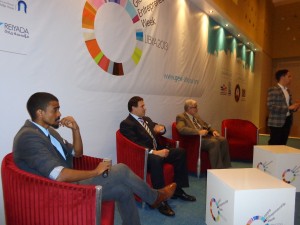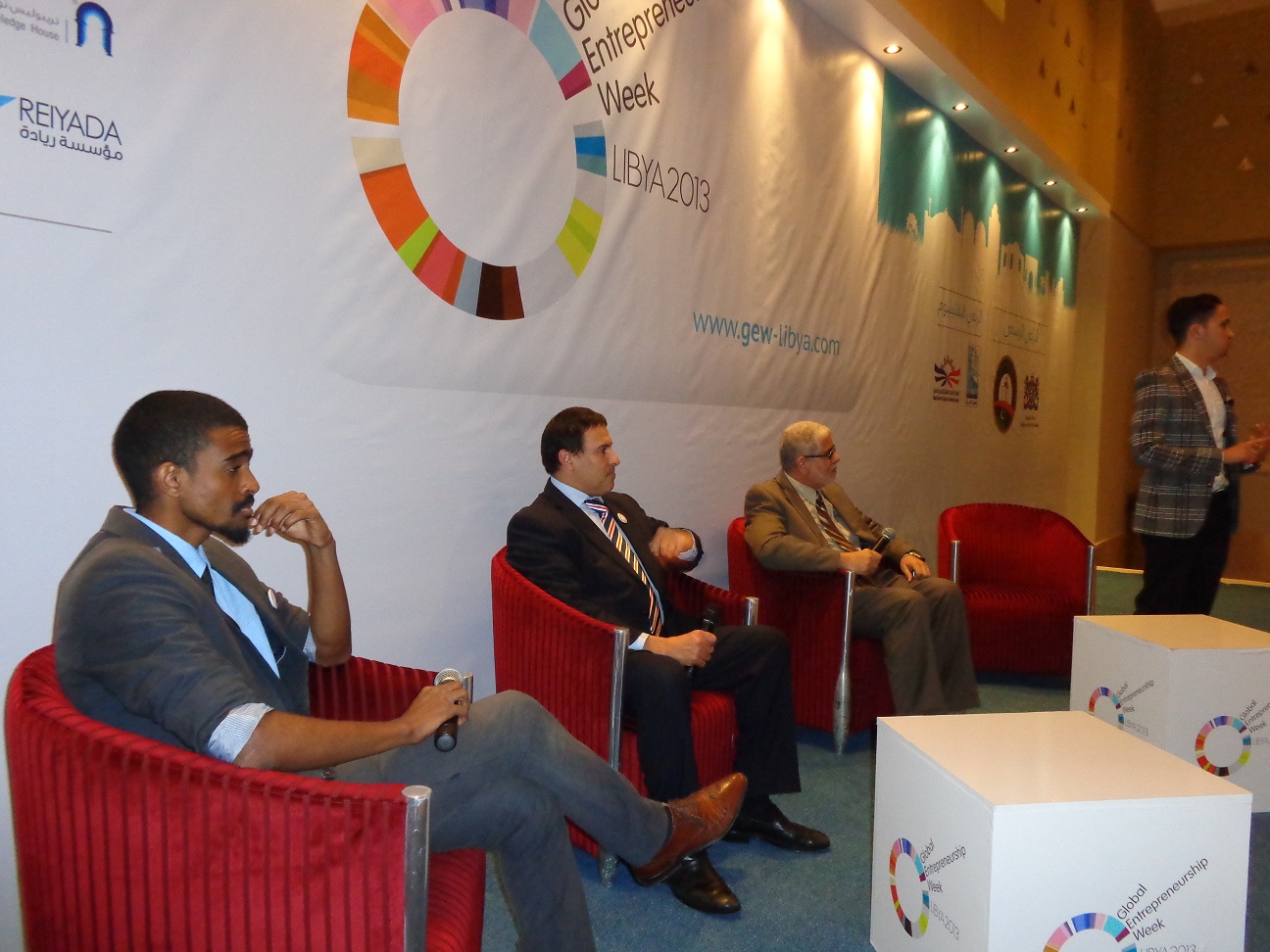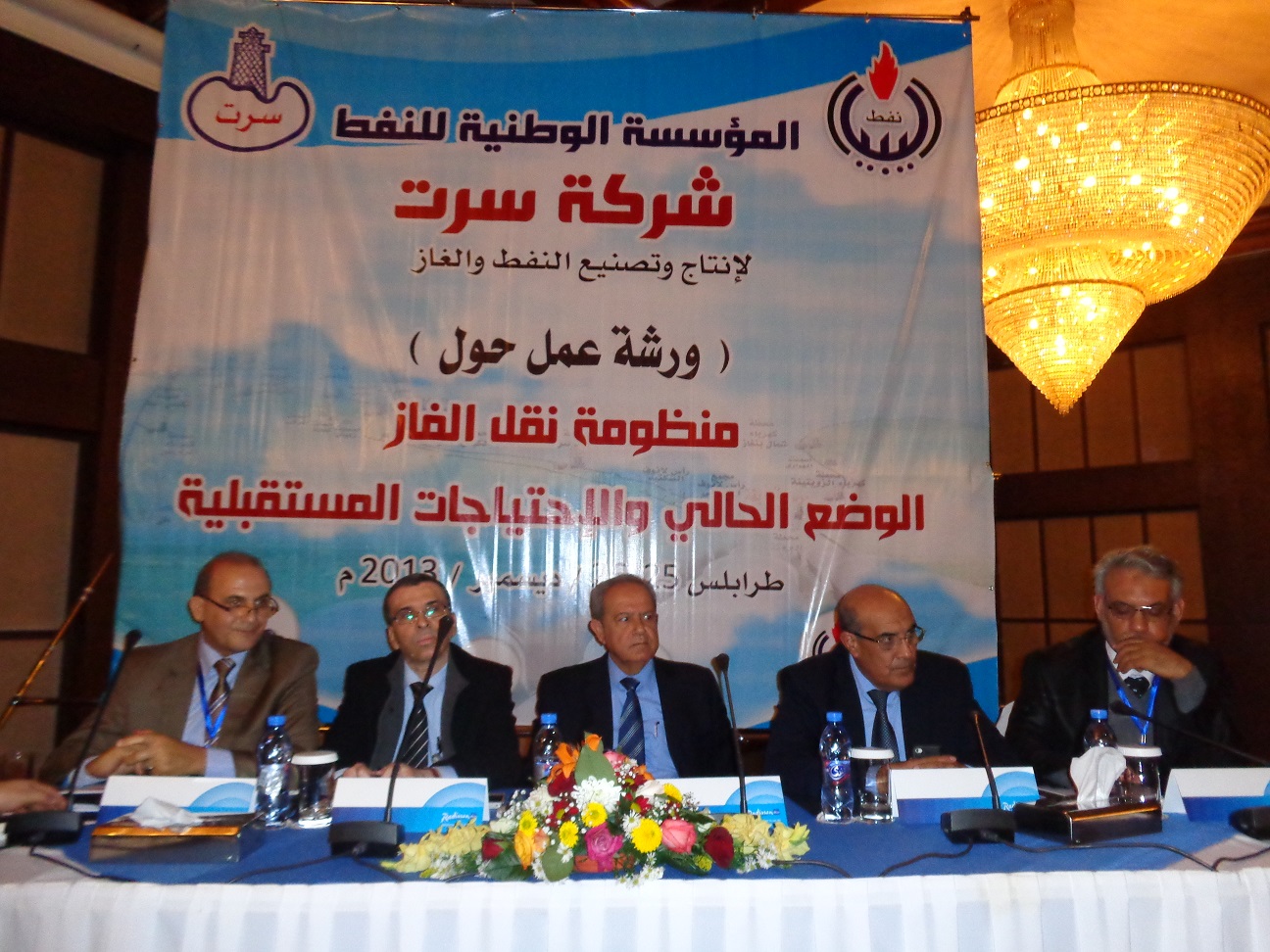By Sami Zaptia.

Tripoli, 26 December 2013:
The closing ceremony of the Global Entrepreneurship Week (GEW) that had been postponed . . .[restrict]from November due to security concerns in Tripoli, took place last night at the Corinthia hotel, Tripoli.
The GEW had already taken place in Benghazi and GEW usually takes place on the same date across the world.
Global Entrepreneurship Week (GEW) is an international project designed to introduce young people to ideas about entrepreneurship through activities such as competitions and networking events with potential mentors, collaborators and investors. This was the first time that the event was held in Libya.
During his opening speech, the Dutch charge d’affaires Michel Deelen said that despite the challenging events, GEW was able to continue and that it was under difficult circumstances that the best entrepreneurs can be discovered. He further added that at the present circumstances, it is entrepreneurs that will help Libya progress. He hoped that participants in GEW had gained the tools to become entrepreneurs.
Deelen also announced that there will be further Dutch presence in Libya in 2014 through the Matra fellowship and the Private Sector Initiative (PSI), a joint venture business initiative. The Dutch embassy was one of the main sponsors of the GEW in Libya.
During the evening examples of Libyan entrepreneurs were shown through a series of short films, including Boza T-shirts and Chocodonuts.
During a debate forum that took place at the ceremony on enterprise in Libya, GNC member and head of its Security Committee Abdelmonem Alyaser said that out of its workforce of 1.9 million people, Libya had 1.6 million working in the public sector and only 350,000 working in the private sector.
The private sector had been systematically destroyed by the former regime, he added, and that Libya faced severe challenges from an employment sector dependant on government jobs.
Libya needed to reduce the public sector to around 600,000, he felt, in order that the economy could fully function, and that it therefore needed to create between 300 to 400,000 new jobs in the private sector in the next few years. This is where he felt the need for enterprise and entrepreneurship needed to come in.
Alyaser also felt that Libya needed a strategy in order to achieve this. “The system is by default anti-entrepreneurial. It promotes government dependency”, he added.
Former Deputy Prime Minister in the Al-Kib government and Prime Minister elect, Mustafa Abushagur, for his part contrasted how in the 1960’s the private sector in Libya employed 60 percent while the public sector employed only 40 percent of the workforce. There is no real private sector in Libya, he lamented. “We sell oil to buy bread”, he noted.
SMEs needed to be supported as they are the vehicle for job creation, Abushagur noted. However, he added that for this to succeed there were a series of other policies that needed to be taken in order to create the adequate environment for enterprise and job creation in the private sector.
[/restrict]









